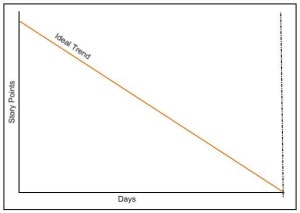Cloud Build runs your tasks as a series of build steps, which execute in isolated and containerized environments. After each step, the container is discarded. This allows you to have totally different tools and environments for each step, and by default, any data created in one step can't contaminate the next step. But sometimes you may need to persist state from one step of a build to use in subsequent steps.
For such cases, Cloud Build provides volumes, which are read-write file paths that you can attach to any build step. Volumes retain their contents throughout the duration of the build. You can define your own volume or use /workspace, which is the default volume that Cloud Build provides for you. Before executing a build, Cloud Build extracts the source code to /workspace. Anything written to user-defined volumes and /workspace by any step will be available to subsequent steps.
Passing data using workspaces
To pass data between build steps, store the assets produced by the build step in /workspace and these assets will be available to any subsequent build steps.
In the following example build config file, the first build step stores the string "First Value" in /workspace/first.txt and the value 2 in /workspace/second.txt. The second build step reads and prints the values in /workspace/first.txt and /workspace/second.txt.
Passing data using user-specified volumes
Instead of using the default /workspace volume provided by Cloud Build, you can define your own volume to persist data between build steps.
To define and use your own volume:
- In the build step where you want to store the data:
- Add a
volumesblock and set the following fields:name: Set the value of this field to the desired volume name.path: Set the value of this field to the file path to store your data.
- Store the data in the file path specified in
path.
- Add a
- In the build step where you want to consume the data:
- Add a
volumesblock with the values fornameandpath. - Consume the data from the file path specified in
path.
- Add a
In following example build config file, the first build step defines a volume named myvolume and stores data in /persistent_volume/file. The second build step prints the value stored in /persistent_volume/file.


No comments:
Post a Comment